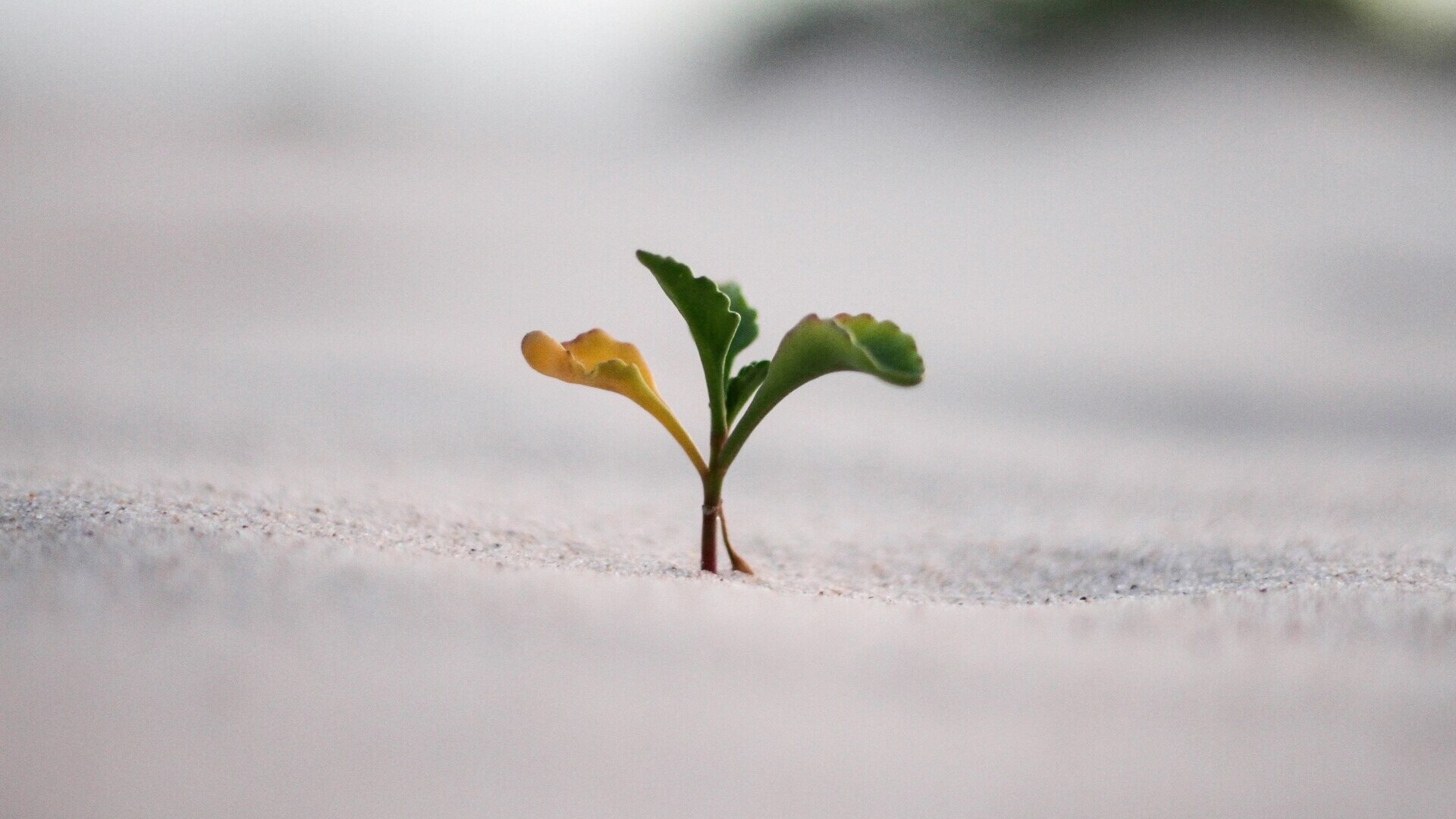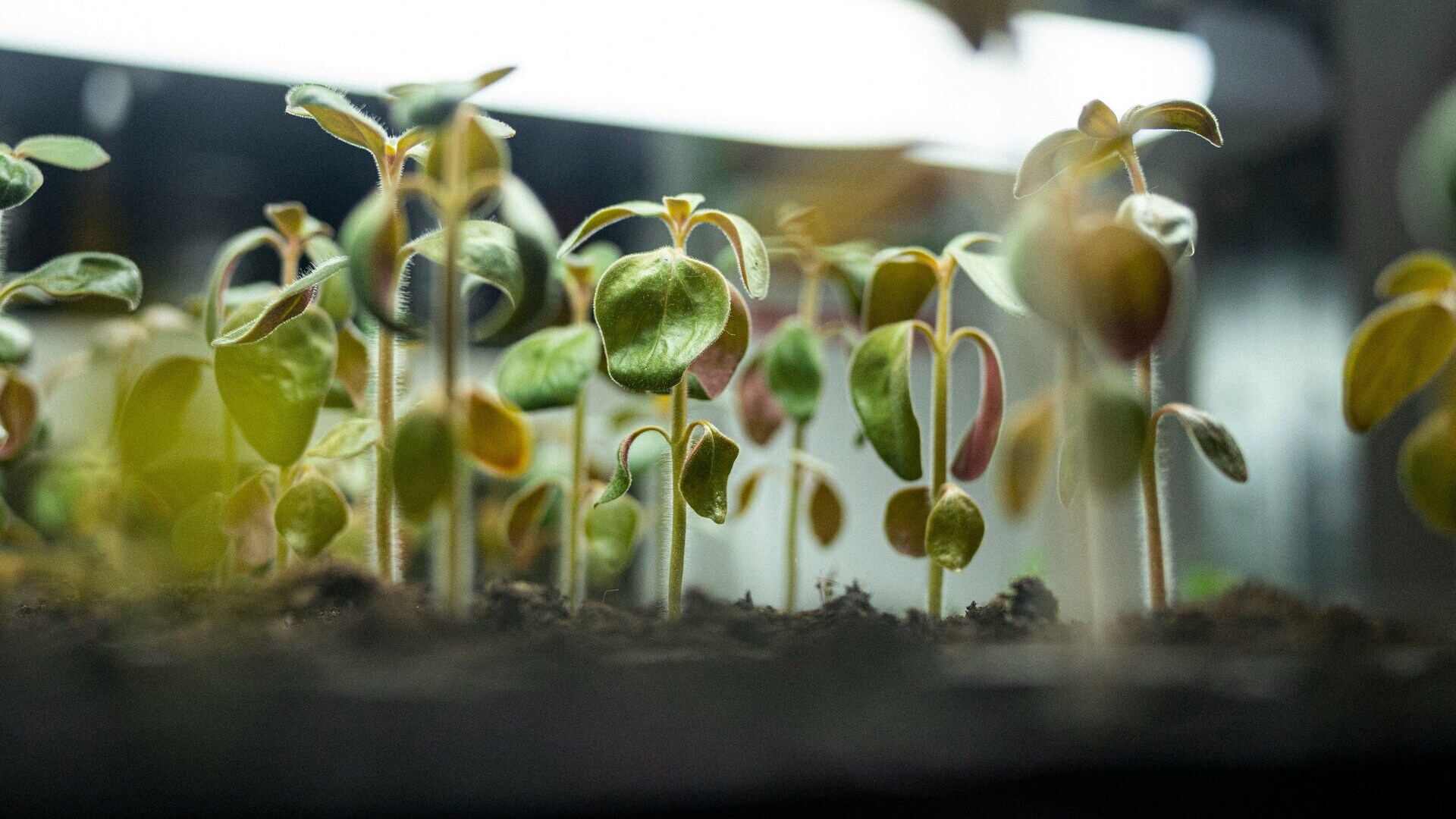
The ‘impact economy’ is a philosophy with deep roots. Its origins, made in Italy.
A paradigm to address the energy transition and the challenges of the future.
The impact economy, the new ‘paradigm’ and its characteristics, is designed to overturn the selfish approach to society and the environment in order to be more ‘generative’. However, a precedent was developed in Italy at the end of the 17th century: the civil economy.
What is the impact economy? What does it entail? First, it is a paradigm, or rather a ‘vision’, a ‘long-term outlook’ that can steer the business world – and all of us – to design the future keeping in mind the next generation.
Today, when we hear that we need to ‘change the paradigm’ of the economy to address the energy transition and to pay attention to ‘sustainability’, this is precisely what it stands for. It means changing how we look at things, thinking above all of the new generations and the years they will have to live.
The impact economy is intertwined with social impact investing – which we have already discussed in Beewise Magazine – and resources are needed to help this development. Even the smallest investor can make an essential contribution by choosing this direction.
The three characteristics
The impact economy is based on three important principles. First of all, it must be intentional: that is, there must be a clear determination on the company’s part to create social impact. This means that this determination must already be stated in a company’s business model or strategic plan rather than at the end of the year, tacked onto a hastily drafted social report. Some examples? Wanting to act on the environment (ESG’s E, environment) by building a clean factory capable of producing its own energy; creating a structure that is also useful to the local community where the factory or headquarters are located, such as a company daycare centre (ESG’s S, social); choosing to hire a high percentage of women within the workforce, promoting the growth of deserving women at top levels and at the same time favouring the compatibility of family and work (ESG’s G, governance).
Secondly, the impact economy must be measurable. That is, it is appropriate to monitor what is being done in order to assess the economic benefits of its impact (in terms of savings, for example, or in terms of increased revenue for the tax authorities or in the case of initiatives aimed at the emersion of irregular labour). Lastly, it must create social innovation in an area that needs it (the company daycare centre, to refer to the case above, in a business where no such services exist).
Generativity and its origins
This vision is based on a concept – often used today – of a ‘generative economy‘, which is the opposite of an ‘extractive economy’. In other words, it is a system that enables the territory to grow with an eye for the future instead of squeezing it like a lemon (from an environmental and social point of view).
Genovesi and his supporters had a very clear and different idea for society and the economy: not the total good, the arithmetic sum of growth alone, but the common good, i.e., a more integral development. Of course, it is composed of growth but also of assets such as relationships and the spiritual, cultural and religious dimensions. Nowadays, the civil economy is regaining popularity and ground because of the depth of perspective it can offer. It provides motivation and a substantive framework for the generative economy that is needed to bring about change in terms of sustainability.
The impact economy feeds on these historical roots. Below, you can watch and listen to Giovanna Melandri, president of Social Impact Agenda for Italy, who passionately explains what “The impact economy revolution” is for her in a TEDx Talk at Rome’s Sapienza University.
A few more references
There are two interesting examples to look closer at to understand more concretely the projects of those earnestly trying to implement the impact economy in Italy and beyond.
Economy of Francesco. This is the site of young economists and entrepreneurs worldwide who are committed to the challenge launched by Pope Bergoglio: ‘A new economy, inspired by Francis of Assisi, which today can and must be an earth-friendly economy, an economy of peace. It is about transforming an economy that kills into one that gives life in all its facets.’
This was followed by an interesting discussion by the EOF Academy on ‘technology and inequality’ in an engaging conversation with Daron Acemoglu of MIT Boston. The impact economy is also committed to overcoming the ‘inequalities’ that exist and with which we are forced to measure ourselves daily.
Torino Social Impact. The Piedmontese capital has become a point of reference for the impact economy in Italy, creating an ‘ecosystem’ for entrepreneurship and social impact investments that currently includes over 280 public and private, profit and non-profit players.






